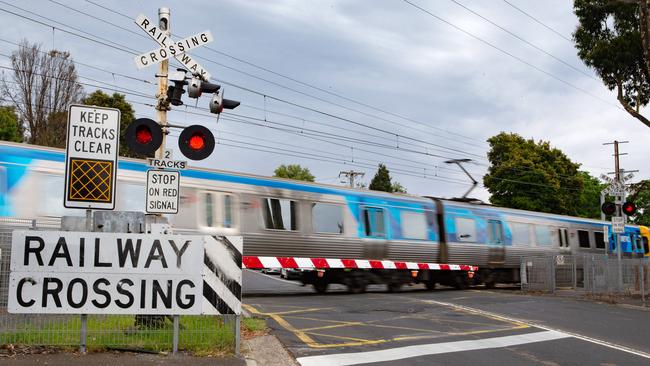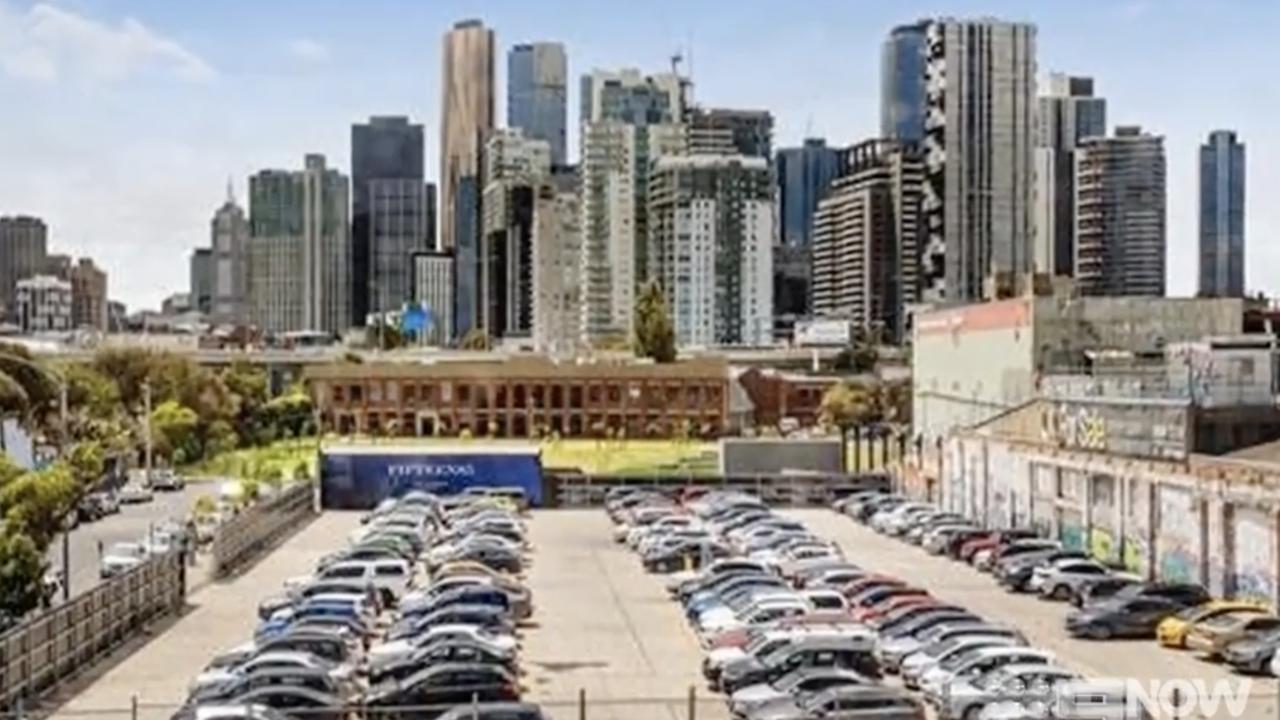COVID-19 cuts city project needs: fund regional roads instead
Commuters are shunning state capitals to work from home in the wake of COVID-19, creating an opportunity to redirect city infrastructure funding to regional Australia.

WHY are we investing billions of dollars in roads and rail lines to funnel commuters into state capitals, when COVID-19 has shown us many could work from home for at least two to three days a week?
The money saved could be put back into curbing the massive loss of life on the nation’s regional roads, which account for two-thirds of the 1200 lives lost each year.
The Department of Prime Minister and Cabinet estimates a life is worth $4.5 million, which Treasury supposedly uses in undertaking its cost-benefit analysis of projects.
That means the 800 lives lost on regional and rural roads costs the nation $3.6 billion annually, plus another $20bn hit to families and government budgets from the 24,000 people who end up in hospitals and rehabilitation resulting from country crashes.
Why then did the Federal Government allocate just $2bn last October towards a national road safety program, with no commitments to more beyond June 30 next year?
That’s $1bn a year.
Sure, each state is putting extra funds into regional roads, but it’s a pittance compared to the multibillion-dollar projects being undertake to save city commuters a few minutes getting into the nation’s capitals.
Projects such as Melbourne’s $11bn metro tunnel could be wound back, given it is being built to deal with the City loop reaching capacity and $14.8bn removing 75 level crossings to ease congestion.
The NSW and Federal Governments are pumping $16.8bn into the WestConnex project, with other states pouring billions more into city road and rail projects, all focused on easing congestion.
Yet Roy Morgan research has shown that after months of lockdowns many commuters are still shunning the CBD to work from home. By the middle of last month the movement of people into Melbourne’ CBD was still just 39 per cent of pre-COVID-19 levels.
Sydney’s CBD had only recovered 47 per cent of its pre-COVID commuter population by mid-March, while Brisbane was at 68 per cent, Hobart 65 per cent, Perth 72 per cent and Adelaide 83 per cent.
Sure this is bad news for CBD retailers and the owners of office towers, but it should also be seen as an opportunity to decentralise the workplace.
It’s not only saving workers 90 minutes to two hours on the daily commute, it curbs congestion and the need to invest ever greater sums city infrastructure.
But will our business and politicians show the sort of foresight and leadership needed to adopt more flexible employment policies and infrastructure investments that curb the commuter flow into city CBDs and deliver long-term savings.
It would take just some of those savings to push the rural and regional road toll Towards Zero.
● Peter Hunt is The Weekly Timessenior reporter
MORE
PINPOINT ROAD CRASH DANGER ZONES WITH INTERACTIVE MAP


